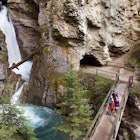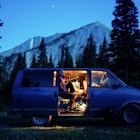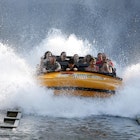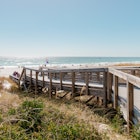Traveling for outdoor activities is a double-whammy of thrill, combining the newness of a place with the energy of your favorite activity, or maybe the stoke of trying something new. Packing for outdoor activities when you’re traveling, on the other hand, can be a pain — especially if you need gear you don’t often use.
Should you buy camping equipment for Arizona when you live in a tiny apartment in New York City? Will you really get your money’s worth out of snow shoes for Maine when you’re traveling from Florida? Probably not. Which makes travel the perfect opportunity to rent your gear instead of buying and hauling it on a long trip.
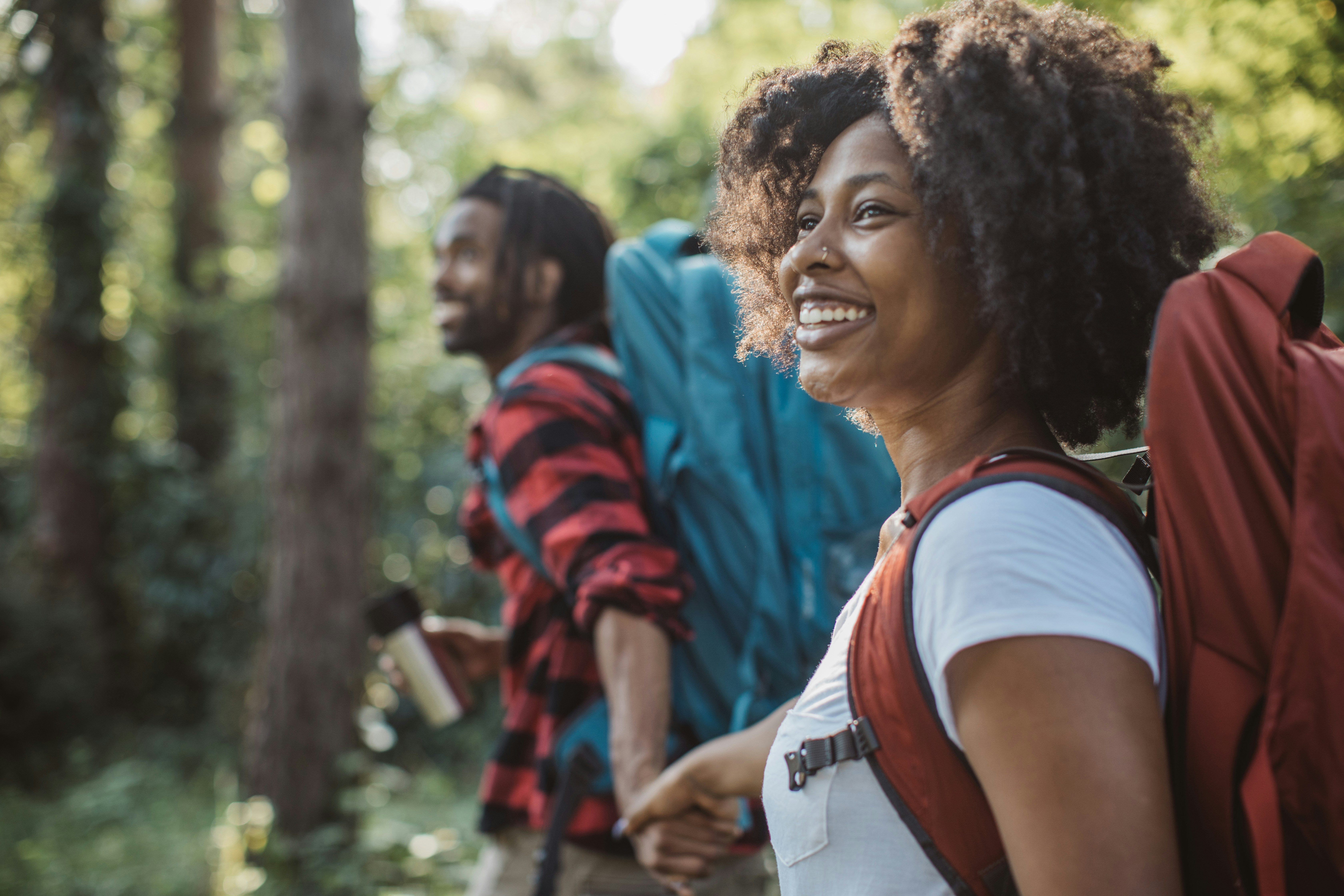
Not only does renting gear save your room in your closet and your wallet, it's more sustainable, too. While many outdoor brands would like us to believe that more and new is always better, the planet from which we extract to produce all that gear would ask us to consider otherwise.
Why outdoor gear rentals are growing
The production, packaging, and sale of outdoor gear has a big carbon footprint, even when brands are marketing their new stuff with buzzwords like “eco-friendly," “green,” and “recycled.” More stuff still means more emissions and more waste, and we should all be trying to limit both as much as possible. Which means being selective about adding new gear to our closets.
There are more options than ever before for renting outdoor gear in-person and online, and the model is gaining traction in the outdoor industry. An outdoor gear company called Arrive won the Outdoor Retailer of the Year award at the industry’s bi-annual conference in 2019, despite technically offering nothing for sale.
Instead, Arrive is online company that will ship you tents, sleeping bags, snow pants, headlamps, coolers, stoves, boots, and just about anything else you might need for camping, hiking, and playing outside.
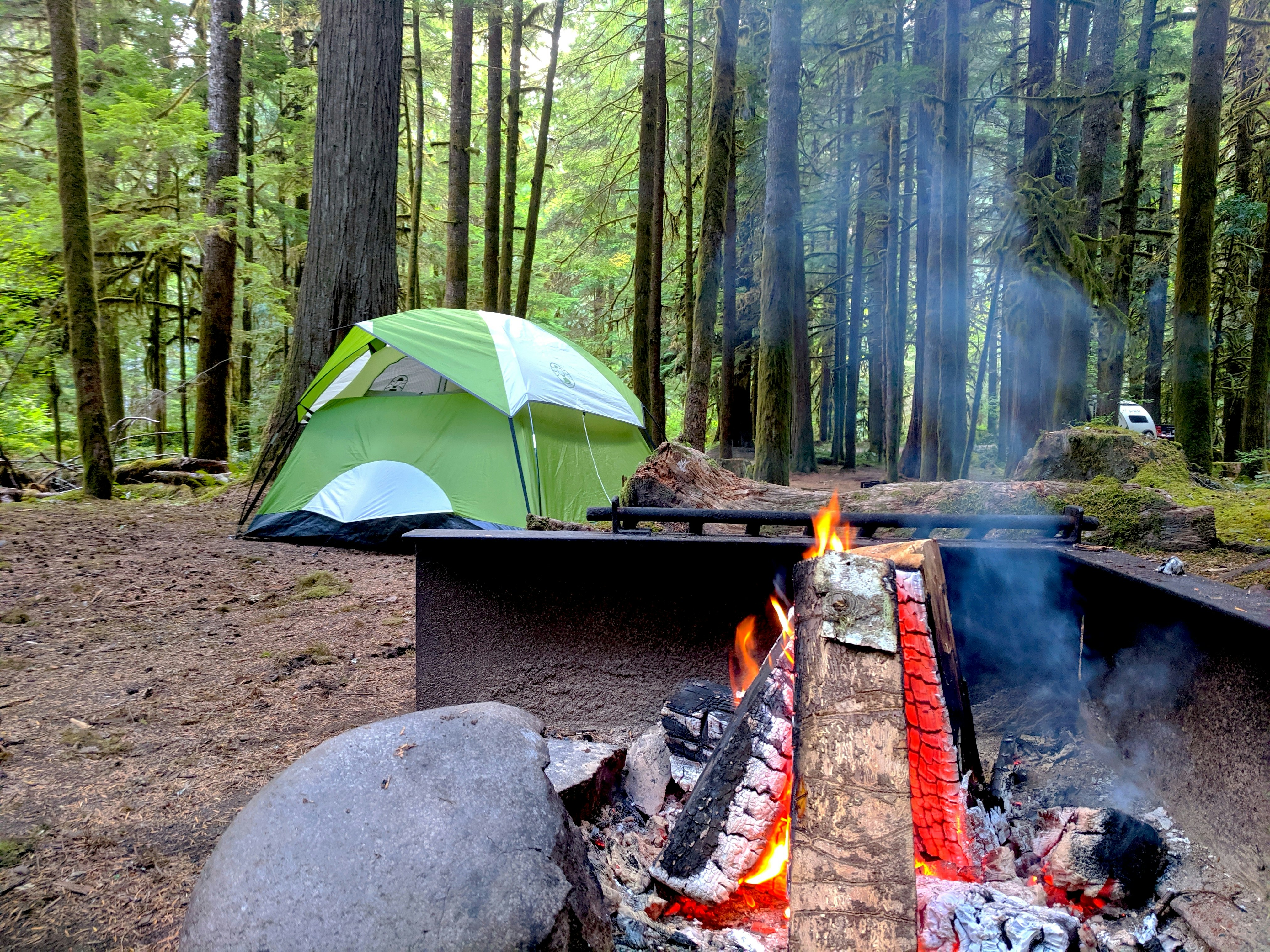
In receiving this award from a conference built for outdoor brands to premier the latest and greatest in shiny gadgets and apparel, Arrive sent a message that just maybe, less is more — especially for those of us who love the outdoors.
And less is definitely more when you’re traveling.
Not only can you minimize your packing list and your carbon footprint, it’s also a great way to try new gear you might want to buy in the future. Let's face it, we’ve all been a little too excited about a new activity we did just one time, prompting us to spend money on gear that gets stuffed in our closet for years.
Renting outdoor gear is an opportunity to be more intentional about the things we choose to do outdoors and the things we need to do them with.
You may also like: Thru-hikes to squeeze into a busy travel schedule

How to rent outdoor gear for your next trip
1. Make plans and a gear list.
First, you’ll want to know where you’re going, what you’re doing, and in what weather. If you’re an old pro at the outdoor activity for which you’re traveling, then you’ll know exactly what you need. If not, many rental companies can offer guidance. But before you go to rent, chat with friends who might know better, or visit a local retailer to get a feel for the type of gear you’ll need.
Once you’ve gathered some information, make a list of what you’ll bring and what you’ll need to rent. If you’re flying, it’s wise to be even pickier about what you’re willing to pack — those checked bag fees can really add up.
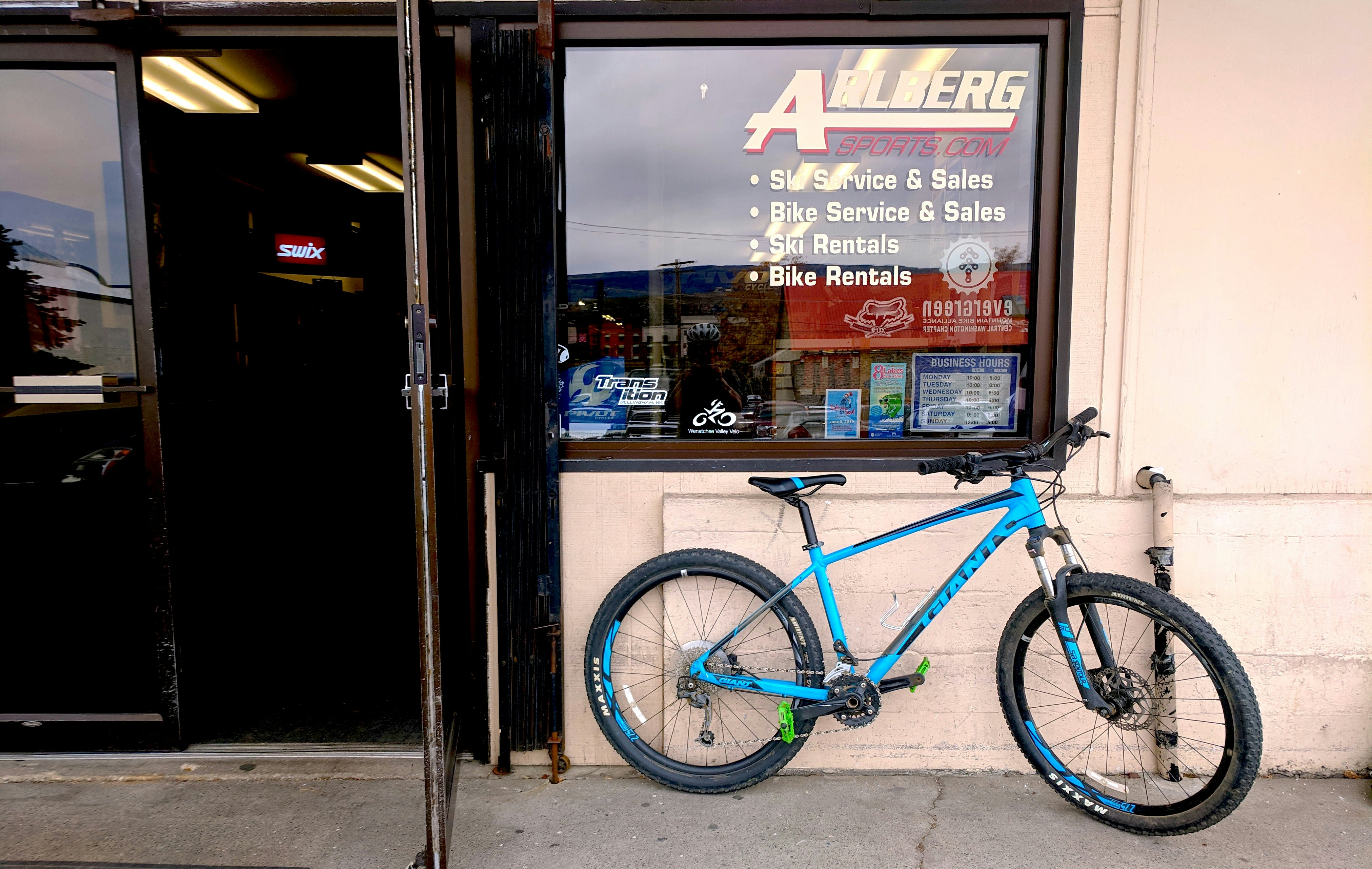
2. Choose to pick-up or have your gear delivered.
There are essentially two types of gear rental companies to choose from and two ways to receive your rentals.
If you’re visiting a popular destination for outdoor activities, you can probably count on an assortment of local gear shops that offer rentals. It’s a good idea to call them in advance and reserve what you’ll need. And check out their website for reviews; you don’t want to end up with dirty or worn down items.
The benefit of a brick-and-mortar rental store is that you can see the gear before you rent it, and you can also chat with a sales associate in person if you have any questions about setting up your tent or using your rented skis.
You may also like: The 10 most scenic campgrounds in the United States
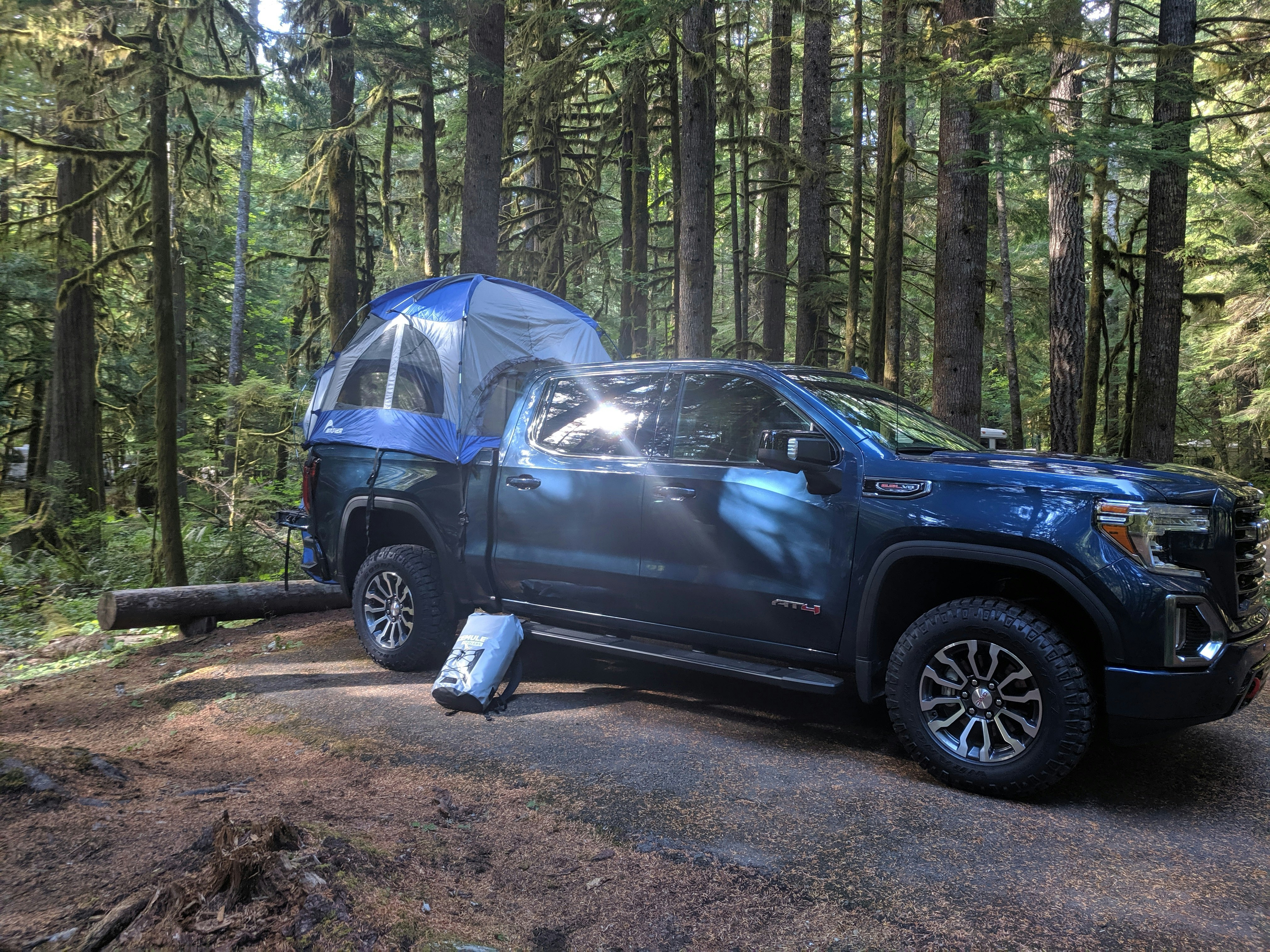
You can also rent camping gear and outdoor equipment from an online rental marketplace, like Arrive (US), Xscape Pod (Pacific Northwest US), ExperienceGear (Western US), Kitlender (US) and Outdoors Geek (US). These services all allow you to choose the dates of your trip, select what gear you need, and have it delivered to your destination.
These online rental companies are a convenient choice if you’re not entirely sure what you need. You can choose a camping gear rental package and know you’re getting all the essentials. For example a “Camping Pod for 1” from Xscape Pod includes a two-person tent, sleeping bag, sleeping pad, stove, chair, headlamp dry sack, and a variety of other must-haves that a first-time camper might not think of.
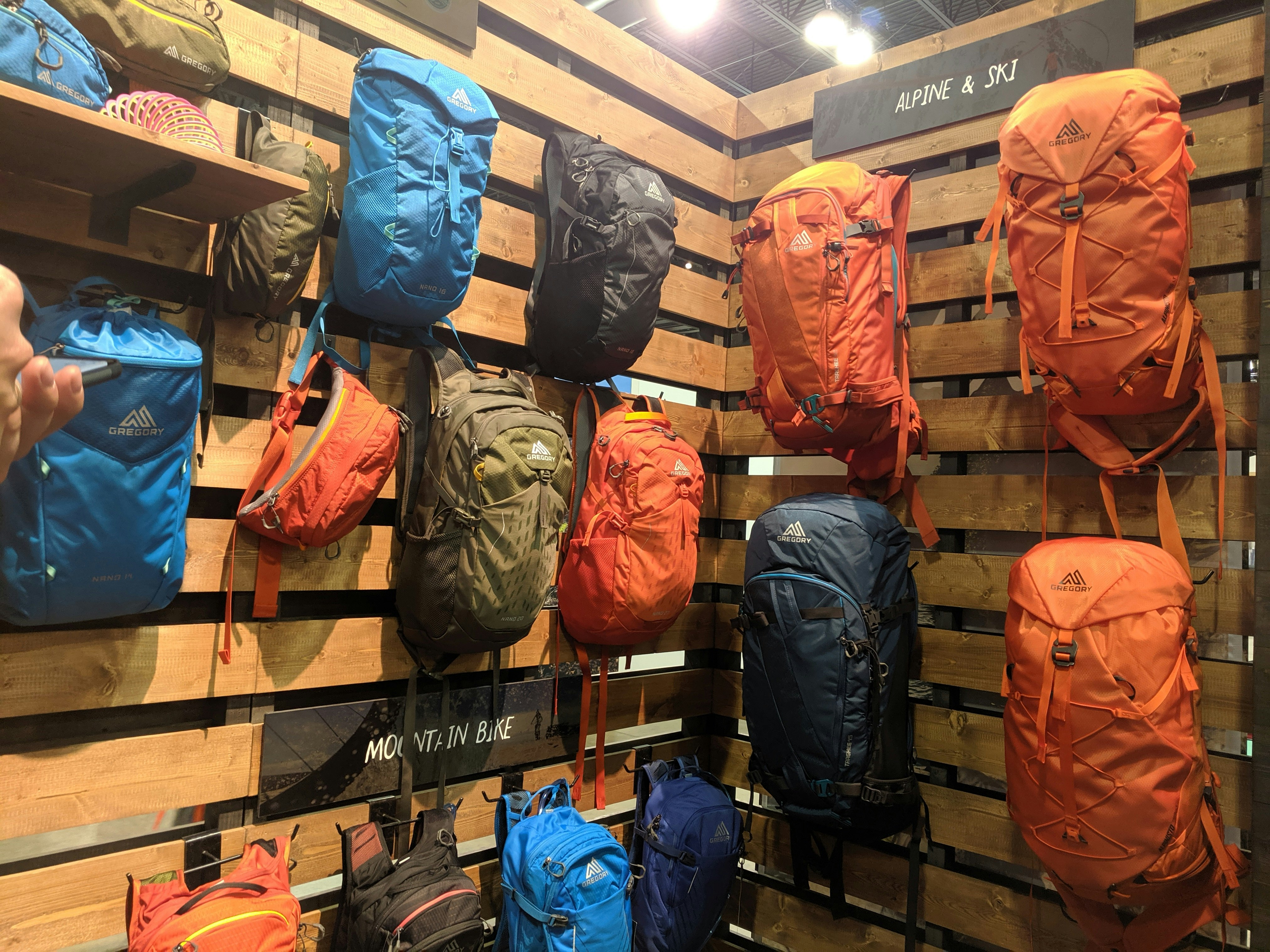
Outdoor Gear Rental Companies are all relatively new to the game, and with increasing competition, you can trust their gear will be near and in good condition. Many of them partner with top outdoor brands so you’ll be testing out some high-quality equipment.
While you won’t be able to chat with someone in person, many of these companies offer online or over the phone customer service. Arrive offers 1:1 support with a personal guide who can help you set up your tent by phone if you’re struggling, or even suggest the best trails in the area you’re visiting for a hike.
You may also like: Travel gear reviews: camping gear for outdoor adventures
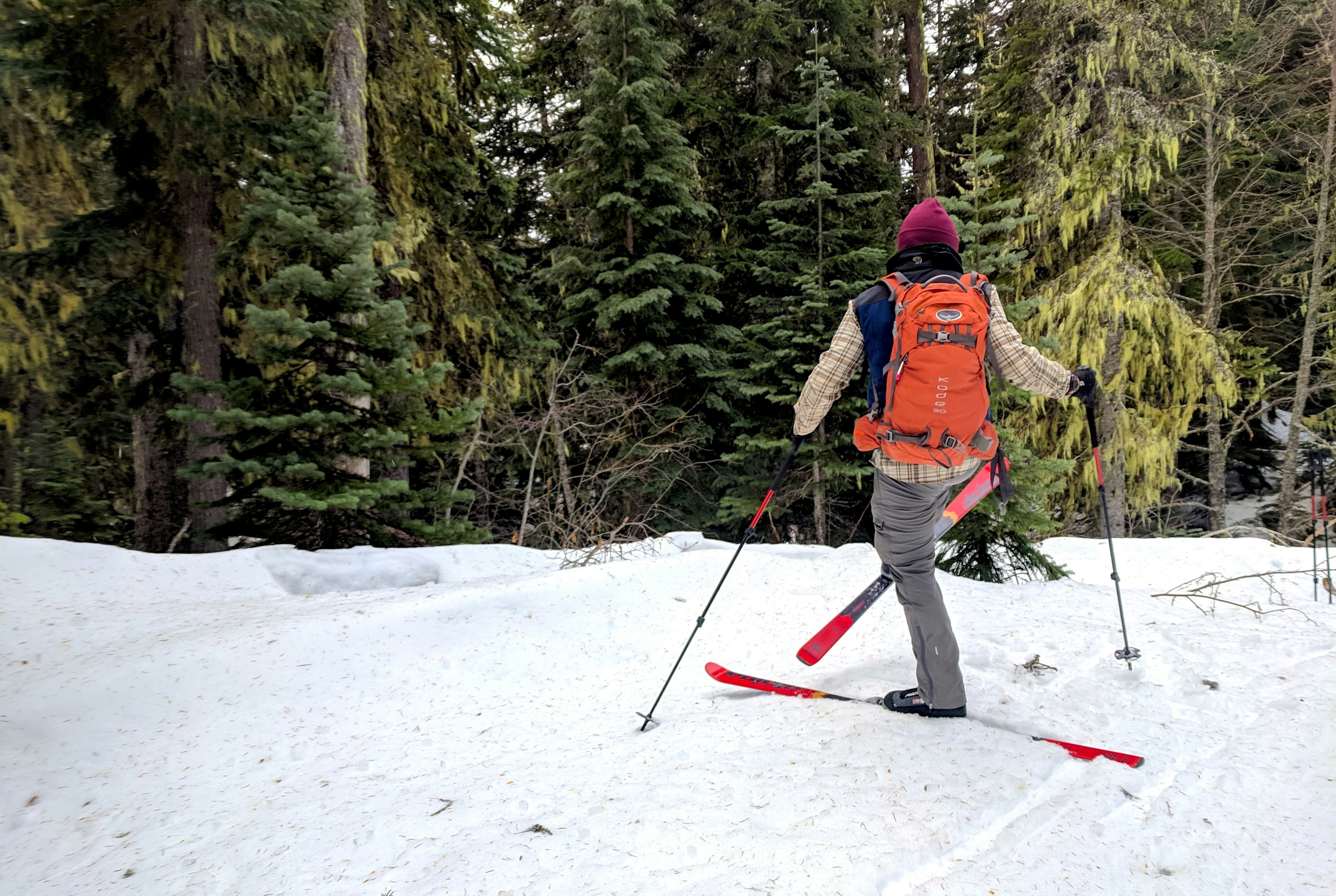
3. Send it back!
The best part about outdoor and camping gear rental might be unloading the weight at the end of your trip. You don’t have to pack it on the plane, clean it all in the backyard, and find space to store it when you get home. Instead, you just return it to the shop or use the prepaid postage provided by most outdoor gear rental marketplaces, and send it back.
You’ll finish your trip with all the memories and none of the weight of gear you don’t need to own. The planet will thank you. Your wallet will thank you. And when you do find that gear you really, really love — you can feel better about the commitment, knowing you’re only buying what you need.






